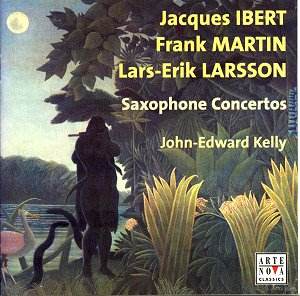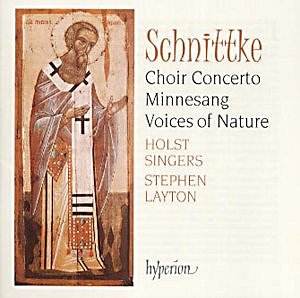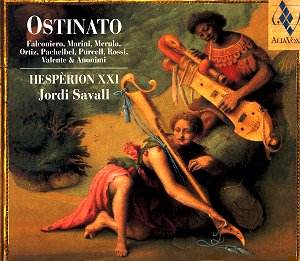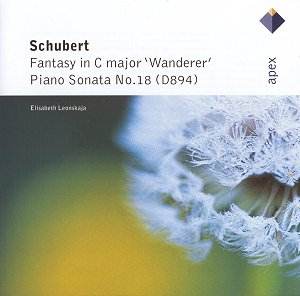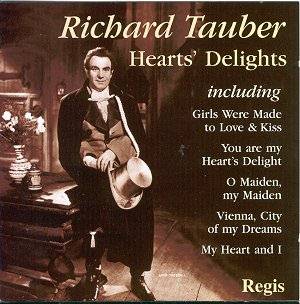 Composer: Richard Tauber
Composer: Richard Tauber
Works: 1. You are my heart’s delight (from ‘The Land of Smiles’)
3. O maiden, my maiden (from ‘Friderica’)
4. Merry Widow Waltz (from ‘The Merry Widow’)
5. Serenade (from ‘Frasquita’)
6. Patiently smiling (from ‘The Land of Smiles’)
7. Vienna city of my dreams (Sieczynski/Lockton)
8. Don’t be cross (from ‘Der Obersteiger’)
9. Roses from the South (J.Strauss II)
12. Only a rose (from ‘The Vagabond King’)
13. Waltz of my heart (from ‘The Dancing Years’)
14. Nightingale song (from ‘Der Vogelhändler’)
15. Serenade (Schubert)
16. Kommt a Vogerl geflogen (Trad.)
17. Your love could be everything (from ‘Old Chelsea’)
18. Liebe kleine Nachtigall (Moszkowski)
19. Simple little melody (from ‘Land Without Music’)
20. My heart and I (from ‘Old Chelsea’)
23. Komm Zigan (from ‘Countess Maritza’)
24. Goodbye (from ‘The White Horse Inn’)
Performers: Richard Tauber (tenor), with conductors Henry Goehl (tracks 6, 8, 12, 17, 20), Gustav Walter (tracks 19, 22), Frieder Weissmann (tracks 23, 24)
Recording: REGIS RRC 1066 [74:44]
Label: Regis
2. Girls were made to love and kiss (from ‘Paganini’)
Richard Tauber, a name synonymous with the golden age of operetta, occupies a singular place in the pantheon of 20th-century vocalists. His recordings, particularly those featured in “Heart’s Delights,” serve as both a historical document and an auditory exploration of the light music repertoire that flourished in the interwar years. This compilation encapsulates the essence of a performer who, while often critiqued for straddling the line between high art and popular entertainment, undeniably resonated with audiences through his unique timbre and emotive delivery.
Tauber’s interpretation is marked by an undeniable sincerity, a quality that transcends the potential for kitsch inherent in many of the selections. The opening track, “You are my heart’s delight,” from Franz Lehár’s operetta “The Land of Smiles,” is a testament to his ability to infuse seemingly simple melodies with depth, showcasing his mastery of legato phrasing and dynamic contrast. His vocal color, while occasionally veering into the theatrical, remains compelling, particularly in the poignant delivery of “One day when we were young.” Here, the nostalgia embedded in the lyrics is brought to life with a vulnerability that resonates deeply with listeners.
The recording quality, reflective of its 30s and 40s origins, possesses a certain charm that complements Tauber’s stylings. The engineering, while not pristine by modern standards, allows the listener to appreciate the warmth and character of Tauber’s voice. Tracks such as “Serenade” from “Frasquita” and the “Merry Widow Waltz” exhibit a delightful balance between clarity and richness, with the orchestral backing providing a lush context for Tauber’s voice. His ability to navigate the higher registers, often with a falsetto that is both soft and powerful, highlights the technical prowess he cultivated throughout his career.
Comparatively, Tauber’s renditions stand alongside those of his contemporaries, yet his distinct interpretative choices, especially in “My heart and I” from his operetta “Old Chelsea,” illustrate a personal connection to the material that is often missing in more traditional performances. The slight quaver in his later recordings adds a layer of poignancy, suggesting a reflective maturity that enhances the emotional weight of the songs.
The collection is not merely a nostalgic trip down memory lane but rather an essential exploration of Tauber as both interpreter and composer. His contributions to operetta, particularly through songs like “Your love could be everything,” reveal a creative spirit that sought to bridge the gap between popular and classical music. The poignancy of his early recordings, juxtaposed against the wear of age in his later work, encapsulates a career marked by both triumph and inevitable decline.
This compilation of Richard Tauber’s performances is a delightful reminder of the artistry that defined a significant era in music. It captures both the technical brilliance and the emotional depth that characterized his singing, making it a worthwhile listen for both aficionados of operetta and newcomers seeking to understand the breadth of this unique tenor’s legacy. The combination of historical context, interpretative depth, and engaging sound quality creates an enriching experience that is likely to evoke a spectrum of emotions, proving Tauber’s enduring appeal as a quintessential figure in the world of light music.
